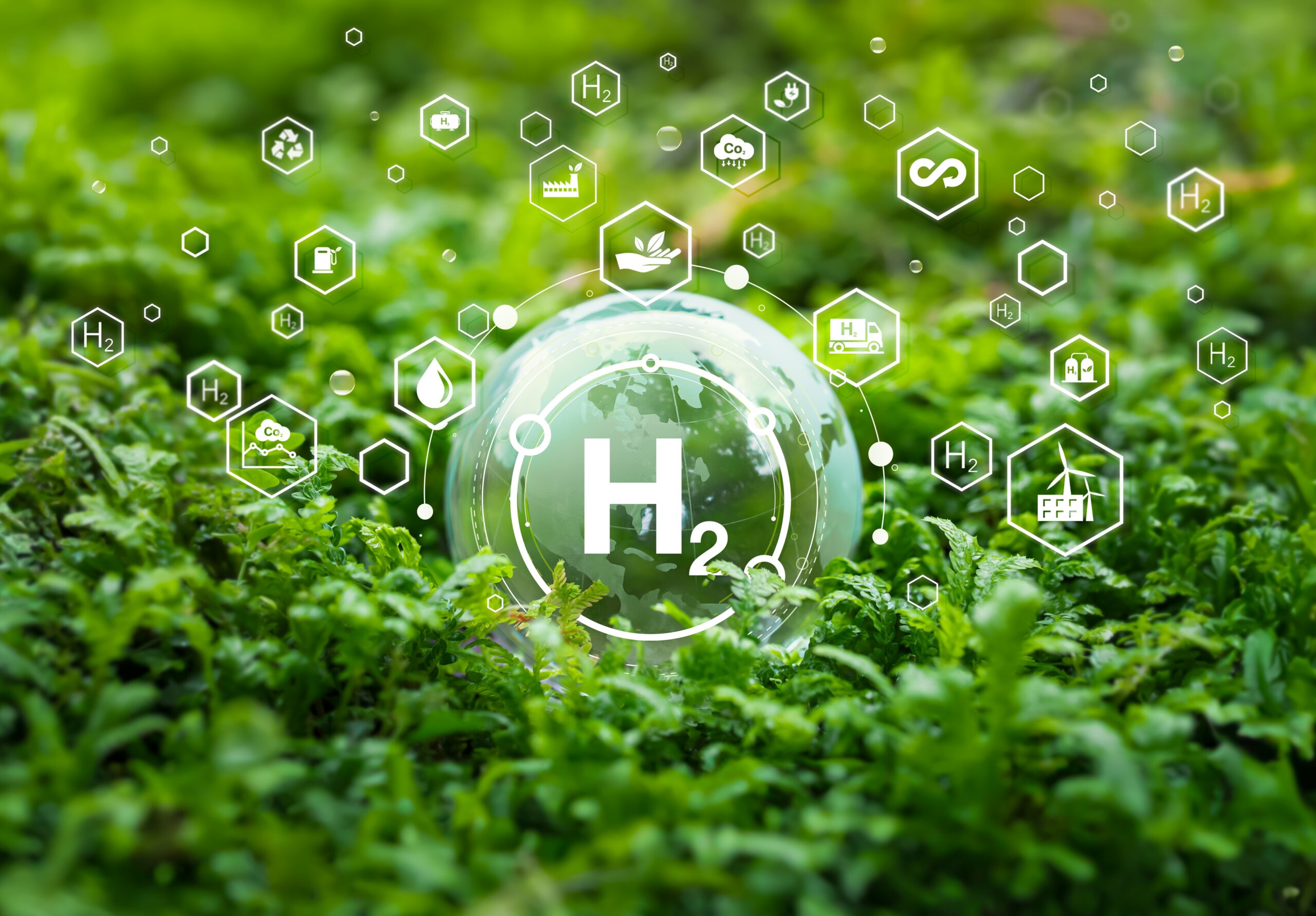The advancement of green hydrogen technology has positioned it as a cornerstone in the transition to sustainable energy. Central to ensuring the efficacy and quality of green hydrogen is the use of mass spectrometry (MS). This analytical technique is indispensable for verifying purity, confirming isotopic composition, monitoring production processes, enhancing performance, ensuring quality control in distribution, and assessing environmental impact.

Purity Verification
Green hydrogen must adhere to stringent purity standards to be viable in fuel cells and other applications. Mass spectrometry is paramount in this context, primarily for:
- Detecting Trace Impurities: This technique is highly sensitive to contaminants such as oxygen (O₂), nitrogen (N₂), carbon dioxide (CO₂), carbon monoxide (CO), methane (CH₄), and water vapor (H₂O). These impurities can significantly impair the performance and longevity of hydrogen fuel cells by poisoning catalysts or obstructing electrochemical reactions.
- Ensuring Compliance: Mass spectrometry helps hydrogen producers meet international purity standards, such as ISO 14687, by providing detailed impurity profiles. Adhering to these standards is crucial for the commercial acceptance and safe utilization of green hydrogen.
Isotopic Analysis
To confirm the green credentials of hydrogen, mass spectrometry is employed for isotopic analysis:
- Distinguishing Sources: Mass spectrometry can measure the ratios of hydrogen isotopes (e.g., protium and deuterium). This isotopic fingerprinting can differentiate green hydrogen, produced via electrolysis using renewable energy, from hydrogen generated by fossil-fuel-based methods like steam methane reforming. This capability is crucial for verifying claims of sustainability and ensuring the environmental integrity of the hydrogen supply chain.
- Tracking Production Methods: Isotopic analysis also helps in tracing production methods. It ensures that hydrogen labeled as “green” is indeed derived from renewable sources.
Process Monitoring and Optimization
The continuous monitoring of hydrogen production processes is essential for efficiency and quality, and mass spectrometry provides real-time analytical capabilities:
- Real-Time Analysis: Mass spectrometry offers immediate feedback on the composition of the hydrogen being produced. This allows for swift adjustments in the production process, optimizing efficiency and maintaining consistent product quality.
- Detecting System Leaks: The presence of atmospheric gases like nitrogen and oxygen, detected by mass spectrometry, can indicate leaks in production or storage systems. Identifying and addressing these leaks promptly is vital for maintaining the integrity and purity of the hydrogen supply.
Performance Enhancement
The performance of hydrogen in fuel cells is closely linked to its purity, and mass spectrometry plays a critical role here:
- Improved Fuel Cell Longevity: By reducing impurities such as CO and sulfur compounds, mass spectrometry helps prevent catalyst poisoning. This protection extends the lifespan and efficiency of fuel cells, which is vital for the economic viability of hydrogen-powered technologies.
- Higher Energy Efficiency: Pure hydrogen ensures more efficient energy conversion in fuel cells, leading to better performance of hydrogen-powered vehicles and other applications. This efficiency is essential for maximizing the benefits of green hydrogen in the energy transition.
Quality Control in Distribution
Ensuring the quality of hydrogen throughout its distribution and storage is crucial, and mass spectrometry is employed extensively for this purpose:
- Supply Chain Verification: MS checks hydrogen at various points in the supply chain, from production to end-use. Through this, mass spectrometry ensures it meets the required purity standards consistently.
- Storage Conditions: Through monitoring hydrogen in storage facilities, MS can detect any contamination that might occur over time. Therefore, it makes sure the delivered product remains of high quality.
Environmental Impact Assessment
Understanding and minimizing the environmental impact of hydrogen production is essential for sustainability, and MS contributes significantly to this assessment:
- Emission Analysis: MS measures emissions associated with hydrogen production processes, providing crucial data to minimize environmental footprints. This analysis helps in optimizing production methods so they are more eco-friendly.
- Lifecycle Assessment: MS supports the comprehensive lifecycle analysis of hydrogen production, ensuring the entire process, from production to end-use, remains green and sustainable.
Benefits of Using Mass Spectrometry for Green Hydrogen Analysis
- High Sensitivity and Accuracy: MS is capable of detecting minute levels of impurities, providing precise quantification.
- Rapid and Real-Time Results: The ability to deliver immediate adjustments and continuous monitoring enhances process control.
- Versatility: Mass spectrometry is applicable to a variety of hydrogen production methods and conditions, making it a universal tool for the industry.
- Enhanced Product Quality: By ensuring hydrogen meets strict purity standards, mass spectrometry improves the overall performance and reliability of hydrogen applications.
Try Our Mass Spectrometry Devices and Refine How You Produce Green Hydrogen
At Hiden Analytical, we understand the crucial role of precise gas analysis in advancing green hydrogen technology. Our sophisticated mass spectrometry systems, such as the HPR-20 R&D, the DLS-10, and the dual-zone sampling HPR-20 DLS, offer real-time quantification and unparalleled sensitivity for detecting trace impurities and analyzing isotopic compositions. These systems are tailored for various applications, including residual gas analysis, fusion research, and isotope studies.
The HPR-20 R&D with an integrated Zone H system and the DLS-10 provide ultra-high resolution for hydrogen isotope analysis, while the HPR-20 DLS offers dual zone sampling and high mass stability for detecting species up to 200 amu. These capabilities ensure the generation of high-purity hydrogen, optimize production processes, and verify the environmental credentials of green hydrogen. For comprehensive gas analysis solutions tailored to your green hydrogen needs, explore our offerings on our green hydrogen page. Partner with us and drive your sustainable energy initiatives forward.

